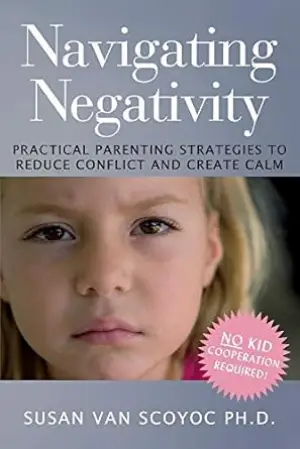A Journey Through Time and Memory: A Review of The Book of Records by Madeleine Thien
When I first picked up The Book of Records by Madeleine Thien, I was instantly captivated—not just by the title, but by the promise of a narrative that would intertwine the vastness of history with the intricate threads of personal experience. Thien has an incredible talent for tackling complex, often painful themes within a lyrical prose that feels both intimate and grand. Given her previous work, such as Do Not Say We Have Nothing, I was eager to see how she would elevate her exploration of memory, identity, and trauma in this latest offering.
At the heart of the novel lies Lina, who arrives in the mythic enclave known as "The Sea" with her father at the tender age of seven. This liminal space acts as a refuge yet also a labyrinth of time, populated by characters who reflect profound philosophical ideas. I found myself immersed in Thien’s imaginative world that blurs the lines between reality and memory. The Sea defies rigid definitions; it is both an escape and a purgatory, a fitting analogy for the way we grapple with our pasts.
One of the most striking aspects of Thien’s narrative is her portrayal of characters that echo historical giants. Characters like Jupiter, Blucher, and Bento aren’t merely personifications of philosophical figures—they represent the tangled web of influence, thought, and grief that shapes us. Through their dialogues, Thien artfully weaves a discourse on responsibility, belonging, and the ethics of storytelling. It made me reflect on how our own narratives are often informed by the ghosts of those who came before us.
The exploration of guilt and belonging is particularly poignant. As Lina navigates her father’s frailty and the burdens of family legacy, I felt a profound connection to her struggle with intergenerational trauma. Thien asks, how do we carry the weight of our ancestors? This question resonated deeply within me, prompting introspection about my own family’s stories and the inheritances we all wrestle with.
Thien’s prose is as breathtaking as it is complex. The rhythmic and elliptical style captures the fluidity of memory, mirroring the very nature of time itself. Each chapter feels like a shift in perception, a fresh lens through which to view Lina’s evolving understanding of her life and the world around her. There are moments that haunted me, like when Blucher suggests to "forget everything and let time fill the story up." This line sparked a contemplation on the nature of truth and how memories can shape—and sometimes distort—our understanding of who we are.
However, I must admit that the novel’s complexity can be demanding. The non-linear storyline, with its recursive motifs, requires patience and engagement. For readers seeking closure, Thien’s ambiguous ending may prove challenging. Yet, I found this to be a powerful reflection of life itself: often unresolved, a continuous loop of questions and memories.
The Book of Records is a masterful exploration of how we construct our identities through stories. It’s a rich tapestry of philosophical insight woven into a narrative that celebrates the messiness of memory. I believe this book will resonate deeply with anyone who enjoys literary fiction that provokes thought and introspection. If you have an affinity for books that challenge the boundaries of storytelling and historical narrative, this is one you won’t want to miss.
In conclusion, I walked away from Thien’s haunting novel with a renewed appreciation for the fragility of memory and the power of storytelling. It is a book that demands to be savored, and I encourage readers to approach it with openness—prepare for a journey that is as enriching as it is enigmatic.
Discover more about The Book of Records on GoodReads >>






